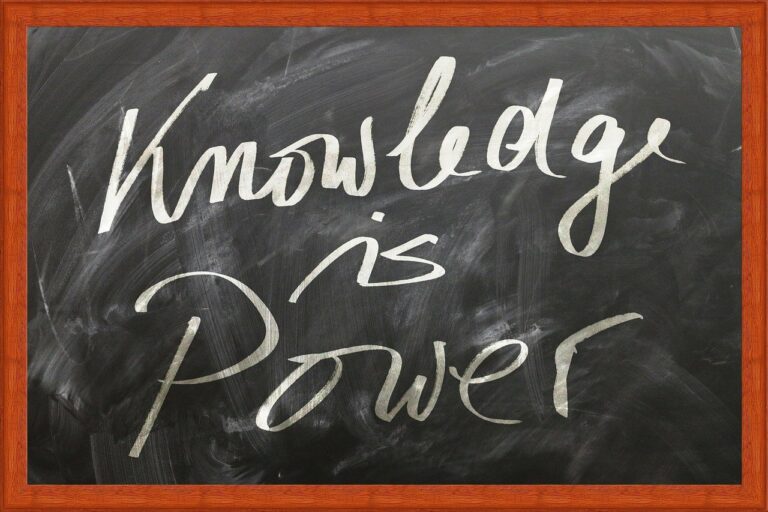Promoting Digital Literacy Skills for the Modern World
In today’s digital age, having strong digital literacy skills is essential for navigating the technology-driven world we live in. With the increasing prevalence of digital devices and online platforms, the ability to effectively use, understand, and evaluate digital information is crucial for both personal and professional success.
Digital literacy skills empower individuals to access a wealth of information at their fingertips, enabling them to stay informed, communicate effectively, and collaborate with others across various digital platforms. Moreover, possessing these skills allows individuals to critically assess the credibility and reliability of online sources, thereby helping them make informed decisions and avoid falling victim to misinformation and digital scams.
Understanding the Basics of Digital Literacy
Digital literacy encompasses a range of skills essential for navigating the digital world effectively. It involves the ability to search for information online, critically evaluate sources, and understand how to protect personal data and privacy. Furthermore, digital literacy includes the proficiency to communicate and collaborate in various digital platforms, utilizing tools like email, social media, and messaging apps.
Moreover, being digitally literate requires a basic understanding of how to use common software and applications, such as word processing programs, spreadsheets, and presentation tools. This knowledge enables individuals to create and edit digital content, enhancing their productivity both in academic and professional settings. Developing digital literacy skills is crucial in today’s technology-driven society, as they empower individuals to stay informed, connected, and competent in a digital environment.
Searching for information online
Evaluating sources critically
Protecting personal data and privacy
Communicating and collaborating in digital platforms
Using common software and applications such as word processing programs, spreadsheets, and presentation tools.
Identifying the Components of Digital Literacy
Digital literacy comprises various components that contribute to an individual’s ability to navigate and utilize digital technologies effectively. One significant component is information literacy, which involves the skill of evaluating and synthesizing information obtained from digital sources. By honing information literacy skills, individuals can distinguish between credible and unreliable information, enabling them to make well-informed decisions in the digital realm.
Another essential component of digital literacy is media literacy, encompassing the capacity to critically analyze and interpret media messages. In today’s digital age, where multimedia content is prevalent, understanding how media shapes perceptions and influences opinions is crucial. Developing media literacy empowers individuals to decipher the motives behind media content and to discern bias, thus fostering a more discerning approach to consuming digital media.
Why are digital literacy skills important?
Digital literacy skills are important because they enable individuals to effectively navigate and utilize digital technologies in today’s digital world. These skills are essential for communication, information access, critical thinking, and overall success in various aspects of life.
What are the basics of digital literacy?
The basics of digital literacy include the ability to use digital devices and software, navigate the internet, evaluate online information for accuracy and credibility, protect personal information online, and understand digital etiquette and safety practices.
What are the components of digital literacy?
The components of digital literacy include computer skills, internet skills, information literacy, media literacy, critical thinking skills, communication skills, and digital citizenship. These components work together to help individuals effectively navigate and utilize digital technologies.







